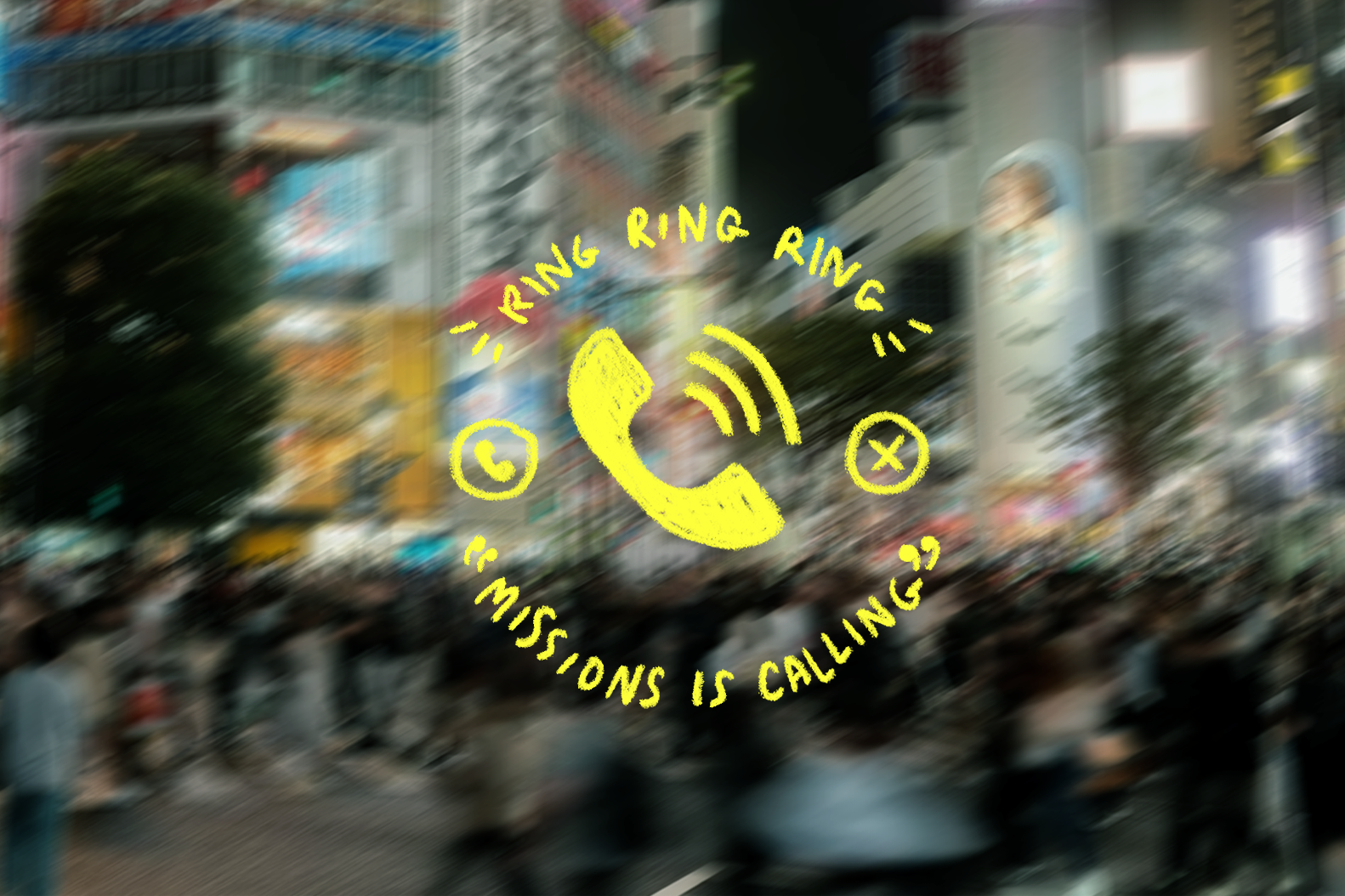Along with the rise of social media platforms – with Facebook hitting almost 2 billion global monthly active users, more than a quarter of the world’s population – many have risen to popularity and become what we know as “influencers”.
Apart from singers, actors and other celebrities, social media has allowed influencers to come from almost anywhere and any background; as long as you have a following, you have influence. It’s easy: The larger the following, the larger the influence.
Suddenly, just about anybody can be an influencer.
There is nothing wrong with being influencers on such platforms. I think it is great when we are put into positions of being that town built on a hill, the light that cannot be hidden under a bowl (Matthew 5:14-16).
With great power comes great potential for irresponsibility.
However, many times things can go wrong. With great power comes great potential for irresponsibility. And instead of being positive influencers who push the human race forward, we’ve become a network of negativity, spreaders of social influenza that stumbles, cripples and sickens.
As Christians, all the more we want our online influence to mirror the God in whom we profess to have faith in. All the more we are exposed to a watching world who has access to dimensions of our life previously not available to most.
Here are a few reflections I have made on how then we must live in this digital space:
1. REMEMBER WE ARE DUST
“This righteousness is given through faith in Jesus Christ to all who believe. There is no difference between Jew and Gentile, for all have sinned and fall short of the glory of God, and all are justified freely by his grace through the redemption that came by Christ Jesus. God presented Christ as a sacrifice of atonement, through the shedding of his blood—to be received by faith.” (Romans 3:22-25)
My friends and I often joke with each other and use this line: You Christian or not. Jokes aside, I think one thing that struck me was that Christian or not, I am not righteous on my own. I am not as great as I think I am.
And truth of the matter is that change in action and freedom from my own wretchedness is a journey – one where I sometimes fail and have to go back to God, my moral compass and Saviour and try again.
Social media might want me to think that way, but I am not God. You are not God. We all have sinned and fallen short of His glory.
2. SEARCH MY ONLINE HEART, O GOD
In one of my classes, we learnt about the concept of social desirability bias. It is but human to want to present the best of ourselves to others. I question myself from time to time as I type a social media post or even as I read something on social media: Am I being real? Or am I posting this with the intention of showing off?
Consider the hashtag #blessed. While it is often used as a synonym for “lucky”, especially when portraying a good – even extravagant – lifestyle, its dictionary meaning is to be “endowed with divine favour and protection”.
What is real blessing? Jesus used the word repeatedly in his famous Sermon on the Mount when he talked about the Beatitudes. It is in situations where the odds might be stacked against us and we see the hand of God that we know that we have that “divine favour and protection”.
A friend once shared with me that she is uncomfortable saying too much on social media because it reveals too much of our lives. At the same time, I’ve also found myself very encouraged when I read about the reality of God through people’s vulnerable and authentic sharing of their lives online.
It is my choice of what I want to share and how much I want to share, but one thing I try to actively do is to prayerfully allow God to search me as I write and prepare a social media post. What am I posting? Why am I posting this? These are the best filters, IMHO.
3. WHAT WOULD JESUS POST
As an online citizen with influence over those in my social media space, I take as much ownership and responsibility for what I post, share and comment on. During my short internship in a cyber wellness department, I learnt that being a keyboard warrior and online vigilante can often be similar, if not scarier than an outright bully.
Of course, it is important to be able to distinguish right from wrong and stand up for the truth (2 Timothy 2:24-26). But while we are called correct wrongs, it is also important to adopt the correct attitudes – to be kind to everyone and respond in gentleness, with the intention of restoring the person.
Kindness leads to repentance (Romans 2:4). Conviction and subsequent turning back to what’s right comes from an encounter with love, not condemnation.

You may not feel worthy to own the title, but you are an influencer in your own right. We all have a voice to speak up and share the goodness of God to those who follow us – that they may one day follow Jesus.








